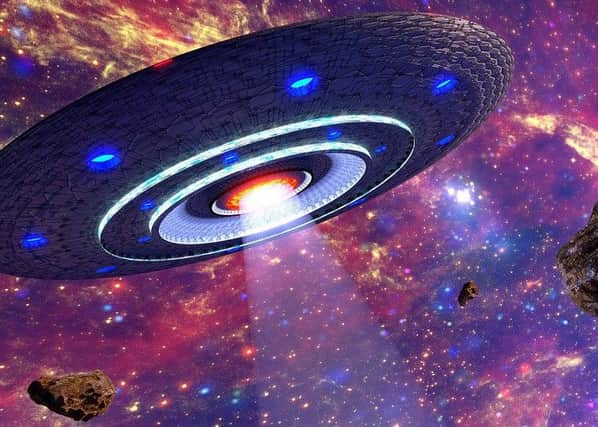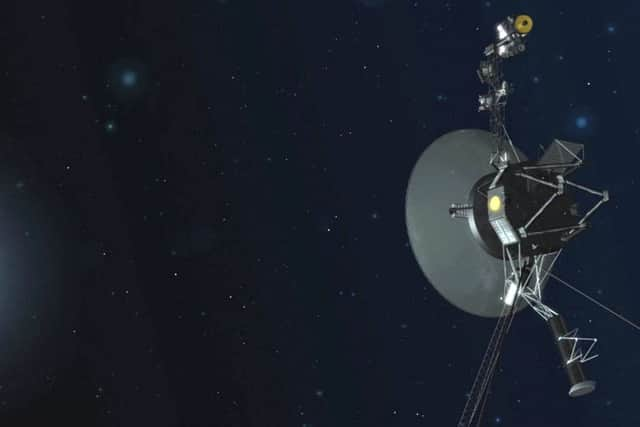Wanted: NASA seeks Earth Protectors to defend humanity


The person who lands the full-time role as Nasa’s Planetary Protection Officer will defend Earth from alien life forms as well ensure that human space travellers don’t infect other worlds with their own lurgies.
Apparently, the US space agency has strict rules “for planetary protection applicable to all space flight missions that may intentionally or unintentionally carry Earth organisms and organic constituents to the planets or other solar system bodies”, and “any mission employing spacecraft, which are intended to return to Earth and its biosphere with samples from extraterrestrial targets of exploration”. The successful applicant is likely to have a role in the upcoming Nasa expedition to Europa, one of Jupiter’s moons.


Pie-in-the-sky research projects
Advertisement
Hide AdAdvertisement
Hide AdBut the agency’s big spending on space missions and theoretical risks has come in for criticism before — and this time it’s not likely to be any different.
Nasa would argue it and other space agencies have been hugely successful in advancing technology that benefits all of us.
Modern satellite communications, weather forecasting and GPS would not exist without space exploration.


Likewise, key developments in robotics, computers, digital photography and video — and the benefits they have provided in everything from construction to medicine — would have not happened. But it’s the less practical stuff — some would say “pie-in-the-sky” projects — that raise questions marks.
In October 2014, Republican Senator Tom Coburn published a list of Nasa research operation that he said represented a questionable use of tax payer’s money.
How we’d react to meeting aliens
He noted that the space agency had spent more than $3 billion of its then $17.7 billion budget on things from testing the coating materials on golf clubs and “the effect of microgravity on the growth of mold on white bread”, to studies on how humans would react to meeting aliens.
“With no one watching over the vast bureaucracy, the problem is not just what Washington isn’t doing, but what it is doing,” Mr Coburn said.
Supporters of Nasa say we need to look at the bigger picture: they claim the technological benefits from its research are huge — and the amount spent on the agency is not that much in the larger scheme of things.
Advertisement
Hide AdAdvertisement
Hide AdIn 2016, the Nasa budget was $19.3 billion, out of national public spending of $3.95 trillion. This meant America spent 0.5 per cent of its money on all things space-related.
That also included environmental monitoring, aircraft engineering and other Earth-oriented work, besides human space exploration.
If you look purely as Nasa’s planetary science program, the total spend was just $1.63 billion — about 0.04 per cent of the total.
There “could be life on Europa”
Many scientists consider this good value.
And if we do find life –and the diligent Planetary Protection Officer prevent xenomorphs from hitching a lift back to Houston — we won’t be laughing then.
Professor Andrew Coates, deputy director of University College London’s Mullard Space Science Laboratory, with special for responsibility into solar system, said the job advertised by Nasa was an important one.
“The last thing we want to do when we go to Mars or Europa is contaminate it them things we’ve brought with us. And it’s not beyond the bounds of possibility that we could bring something back from somewhere like Europa that could harm us,” he said.
This story first featured on our sister site.
